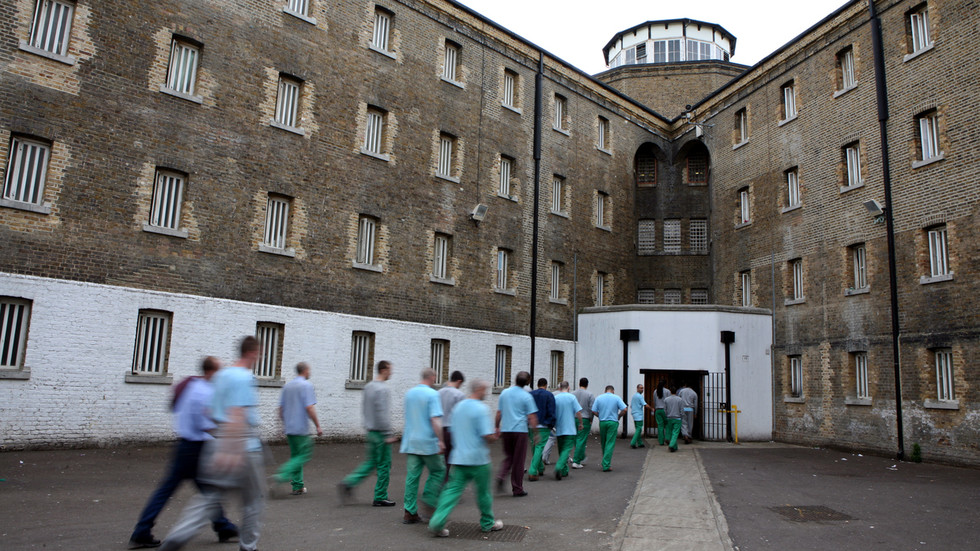Yvette Tan
BBC News in Singapore
Jonathan Head
South East Asia correspondent in Bangkok
Thailand has accused Cambodia of "deliberately" violating a ceasefire the two countries had agreed on Monday to end border clashes that have killed at least 33 people and displaced thousands.
It's a shaky start for the ceasefire, which was meant to bring an end to five days of bombardment and rocket attacks along the shared border.
The Thai military says it stopped firing after midnight, but that it continued to receive gunfire from the Cambodian side "at multiple locations" up until this morning.
But Cambodia's defence ministry told the AFP news agency there had been "no armed clashes" between the two sides since the ceasefire began at midnight.
A meeting between local commanders which was part of the ceasefire agreement has been postponed twice, and may not happen at all.
Tensions between the South East Asian countries over their century-old disputed border ramped up in May when a Cambodian soldier was killed in a clash.
They escalated into a full-scale conflict last week after five Thai soldiers were injured in a landmine explosion. Thailand closed some of its border crossings, expelled the Cambodian ambassador and recalled its own from Phnom Penh.
After the two sides exchanged gunfire early on Thursday, Cambodia fired multiple rockets into Thailand, killing several civilians.
More civilians died on both sides in the following days, and tens of thousands more were evacuated to shelters.
Intense exchanges of fire between the two armies continued up to midnight on Monday, the deadline for the ceasefire, with Thailand launching more air strikes on Cambodian positions.
But on Tuesday morning, before Thailand alleged the ceasefire had been violated, Cambodia's Prime Minister Hun Manet said that the "frontlines have eased" since midnight.
Under the agreement, both sides had agreed to pull back their armies and to accept some kind of independent monitoring to prevent further clashes.
Hun Manet and his Thai counterpart Phumtham Wechayachai had met on Monday in Malaysia in a meeting brokered by its leader Anwar Ibrahim.
An outgunned Cambodia had been pushing for a ceasefire and its leader called it a very good meeting.
Thailand, which had initially been reluctant to negotiate, agreed after US President Donald Trump threatened to halt talks over tariffs until Thailand and Cambodia stopped fighting.
In fact, the argument between Thailand and Cambodia dates back more than a century, when the borders of the two nations were drawn after the French occupation of Cambodia.
Things officially became hostile in 2008, when Cambodia tried to register an 11th Century temple located in the disputed area as a Unesco World Heritage Site - a move that was met with heated protest from Thailand.
Over the years there have been sporadic clashes that have seen soldiers and civilians killed on both sides.
The latest tensions ramped up in May after a Cambodian soldier was killed in a clash. This plunged bilateral ties to their lowest point in more than a decade.
In the past two months, both countries have imposed border restrictions on one another. Cambodia banned imports from Thailand such as fruits and vegetables, and stopped importing power and internet services.
Both countries have also strengthened troop presence along the border in recent weeks.

 10 hours ago
1
10 hours ago
1










 English (US) ·
English (US) ·